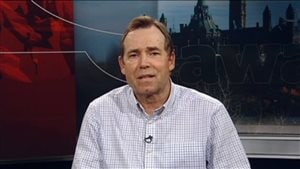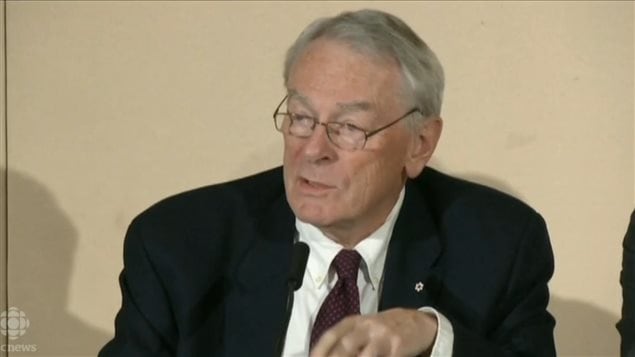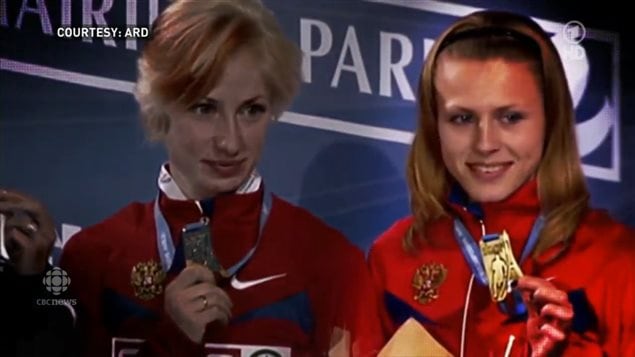Recently world headlines told of another major scandal involving doping in sport
A special independent commission led by Canadian Dick Pound for the World Anti-Doping Agency (WADA) revealed a host of doping problems in the Russian amateur athletics system.
Though the report primarily targetted Russia, its accredited testing agency, sport federation and some athletes, WADA indicates that several other countries are either ‘non-compliant” (Argentina, Ukraine, Bolivia, Andorra and Israel) or are of concern and placed on a watch list (Brazil, Belgium, France, Greece, Mexico and Spain). It recommended bans in certain circumstances, but can that outweigh national interests and/or the huge amounts of money in sports today.
Paul Melia is President and CEO of the Canadian Centre for Ethics in Sport (CCES). The CCES is an agency independent of the Canadian government and sports organizations, and is responsible for administering Canada’s anti-doping control programme.
Listen
It seems that in recent years just about every sport has had some scandal involving doping, from professional bicycle racers, to baseball players, to a variety of Olympic and other international sports and events.
It doesn’t stop there either. Some top officials of the International Association of Athletic Federations are alleged to have either taken or demanded cash from athletes in order to cover up positive drug tests. Other allegations of bribes or influence peddling have been directed at some international sport organizations such as the IOC and FIFA over the years.
These days with various types of extremely lucrative contracts, sponsorships and determination of which country will get an international event, scads of money is at play, and temptation perhaps at times, great. On the other hand with other types of extremely lucrative contracts and/or sponsorships at stake for both professional and supposedly amateur athletes, there is great pressure to achieve the best results possible. To win, many feel they need to use drugs and other methods to better their performance.

National interests also come into play as many countries seek to promote their ideals, or national interests through international sports competitions. Here again there is enormous pressure on athletes to win, and so again, doping comes into the picture.
Paul Melia says this latest investigation and declaration of non-compliance shows there is a gap in WADA’s ability to enforce compliance with doping rules and sanction offenders, is quite limited.
Mr Melia says rather than this showing it’s a losing battle against doping, it is instead an indication that anti-doping detection is improving. Penalties and authority is still being developed, but he says a much better job has to be done in terms of getting the athletes and the culture of sport by instilling the values that would prevent a temptation towards doping.
Additional info







For reasons beyond our control, and for an undetermined period of time, our comment section is now closed. However, our social networks remain open to your contributions.